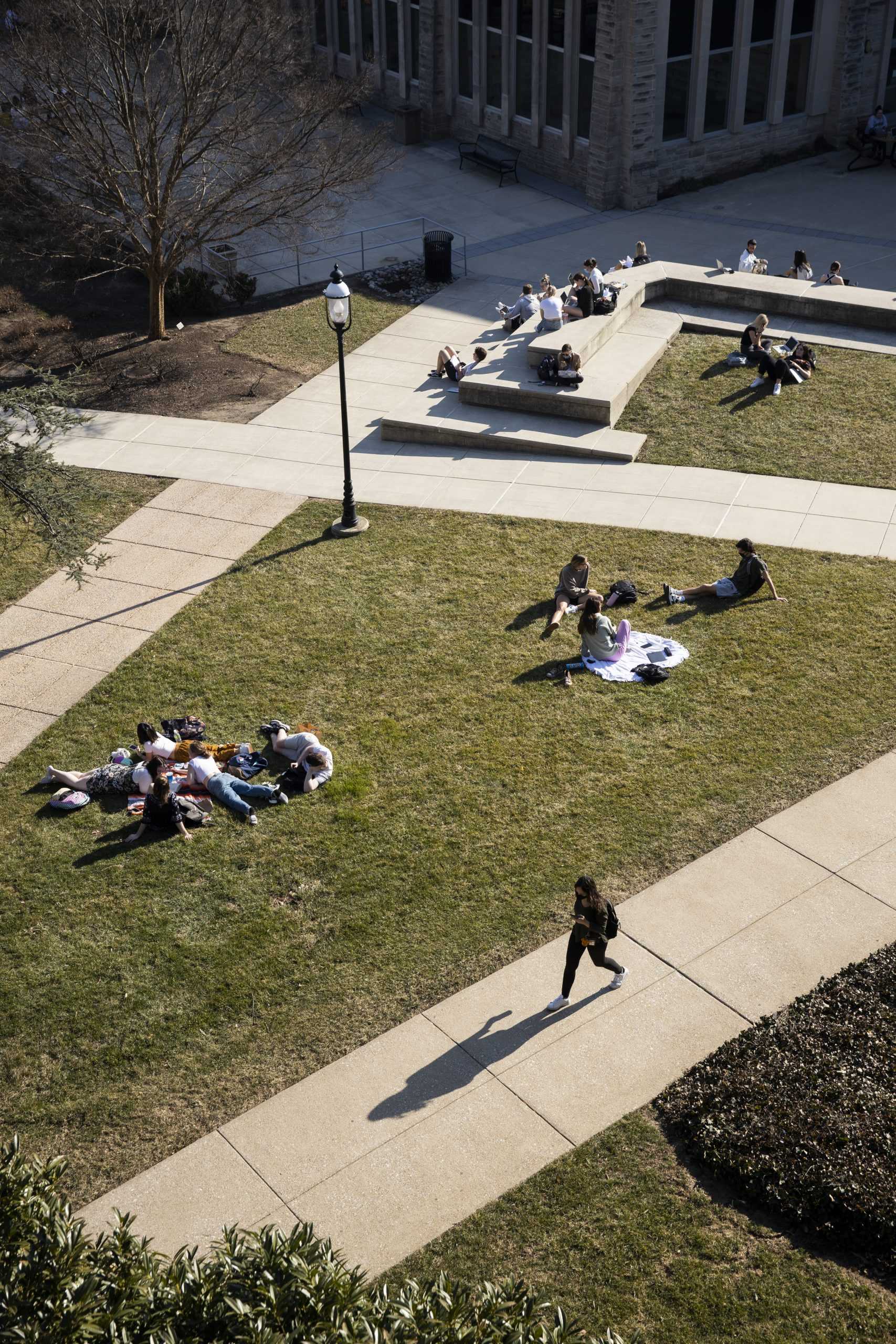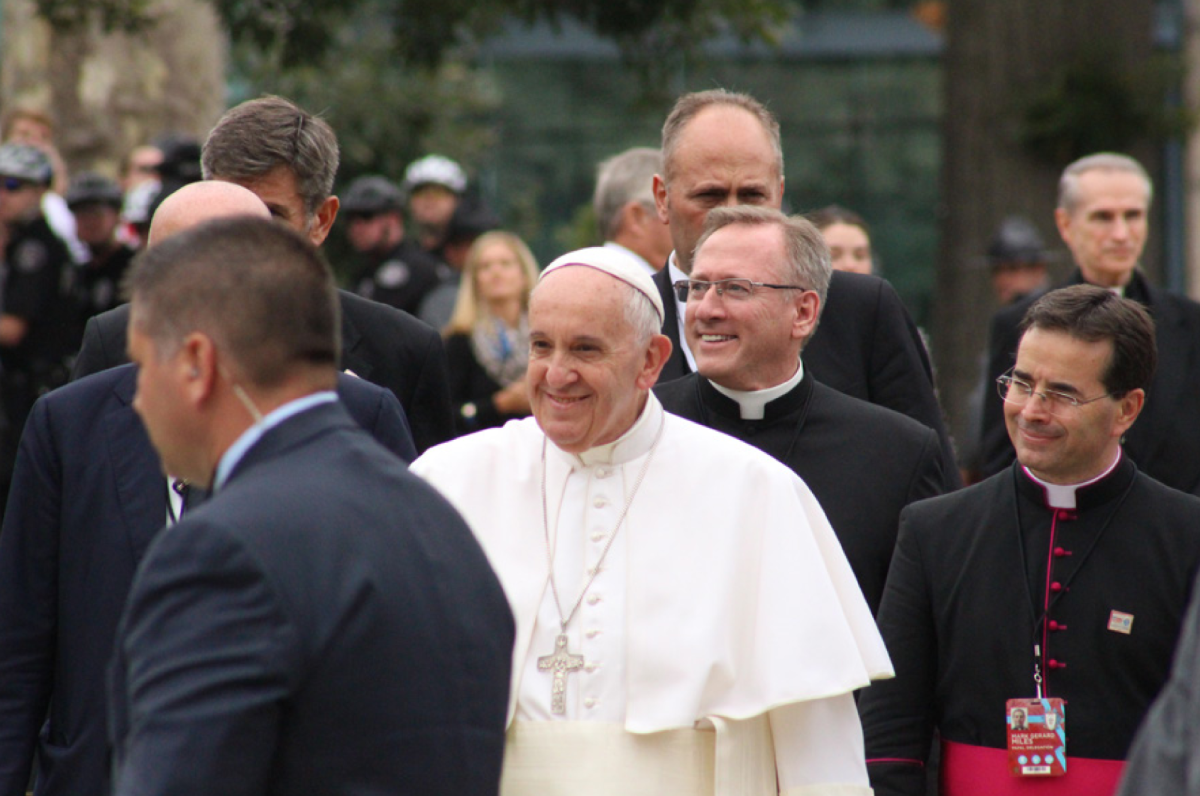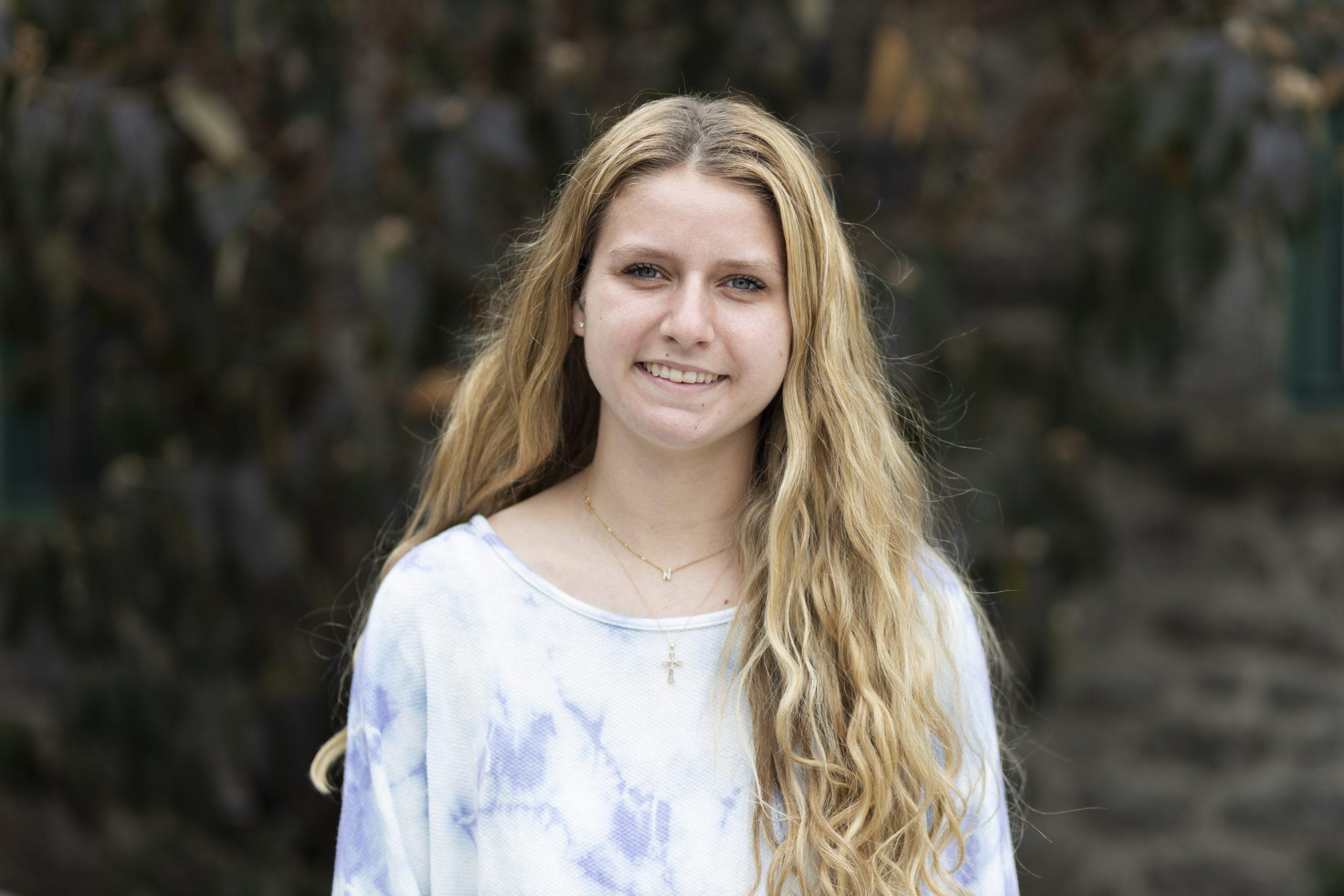Like many students who have recovered from COVID-19, Lauren Bush ’22 has relaxed when it comes to the virus.
One of the first confirmed cases on campus last fall, Bush tested positive on Aug. 19 during early arrival testing. She said she was symptomatic for four to five days with what felt like a “mild flu.” Bush said she now takes fewer precautions than she did before she got the virus, going out more and stressing less.
“I definitely feel more comfortable doing things now that I’ve had it because I feel less scared of getting it,” Bush said.
As of March 19, 832 members of the St. Joe’s community tested positive for COVID-19, according to the SJU COVID-19 Dashboard, which began releasing information on Aug. 20, 2020.
Faith Sakkos ’23 also tested positive for COVID-19 early in the fall semester. She came down with the virus the first week of September and, like Bush, experienced mild symptoms.
“For a second, it scared me,” Sakkos said. “But when I had it, it wasn’t bad.”
While Sakkos acknowledged she could get a worse case if she contracts the virus again, she said still does not worry as much if she forgets her mask or if she is out among people.
“I feel like my outlook on it is so awful, but at the same time, I don’t think it’s awful,” Sakkos said. “It’s what most college students feel.”
Sakkos is not sure exactly what the science says about how long she is “invincible,” maybe three months, she guessed. Many students who recover from COVID-19 talk about a three-month or 90-day shield that they think protects them from getting COVID-19 again.
But Dr. David Pegues, professor of medicine at the Hospital of the University of Pennsylvania, said just because someone had COVID-19 does not mean they cannot get reinfected. That 90-day period after testing positive “is not magic,” Pegues said, and people should “continue to do the right thing.”
Pegues said it is true, though, that most people are protected after getting COVID-19, at least for a while.
“The vast majority of people are protected for a minimum of 90 days following infection,” Pegues said. “You may be protected for longer depending upon how your body’s immune system reacted to the initial infection, how much antibody you made and how your other infection-fighting cells and cell mediated immunity works.”
Cary Anderson, Ed.D., associate provost and vice president of Student Life, wrote in response to written questions from The Hawk that the iCare Pledge still applies to students whether they tested positive for the virus or not. The iCare Pledge requires students to participate in university testing programs, practice social distancing and wear masks while on campus.
“Just because someone has had COVID-19 previously, they shouldn’t let their guard down,” Anderson said. “Although rare, there are cases of reinfections.”
Anderson said students who have tested positive in the last 90 days do not need to participate in campus surveillance testing-a policy that seems to fuel students’ idea that they cannot get COVID-19 again within 90 days of contracting the virus.
Anderson said students who have had COVID-19 must still fill out an exemption form if they are selected for surveillance testing within 90 days of infection.
Pegues also emphasized the importance of people who have had the virus continuing to use personal protective equipment (PPE), such as masks.
“Because you’ve had an infection is not a reason to stop protecting others from yourself,” Pegues said.
Blaise Doyle ’23 tested positive for COVID-19 early last November with symptoms he described as a “really bad flu.”
Even after recovering from the virus, Doyle said he continues to take safety precautions, including wearing a mask.
“If I catch it again, I’m most likely fine, but out of respect for others who are high risk and are more vulnerable, I wear my mask,” Doyle said.
Doyle said his mentality about the virus, and his actions, have not changed after he contracted the virus.
“I’m still trying to be conscious of who I’m around,” Doyle said. “I never got an antibody test, so I don’t know if I still have the antibodies or not.”
Still, Doyle said he relaxed a little when he went home for the winter break because he had already tested positive and knew he was not bringing it home to his parents.
“Knowing I had at least three months to spend time with my family and not necessarily worry about giving them COVID, that’s probably the best part,” Doyle said.
Now Doyle said he tries to balance having a social life while still considering others.
“I’m not a saint,” Doyle said. “I still go out. I still try to have fun. At the same time, in terms of my friends, I try to be aware [they] are more vulnerable to the virus.”















































